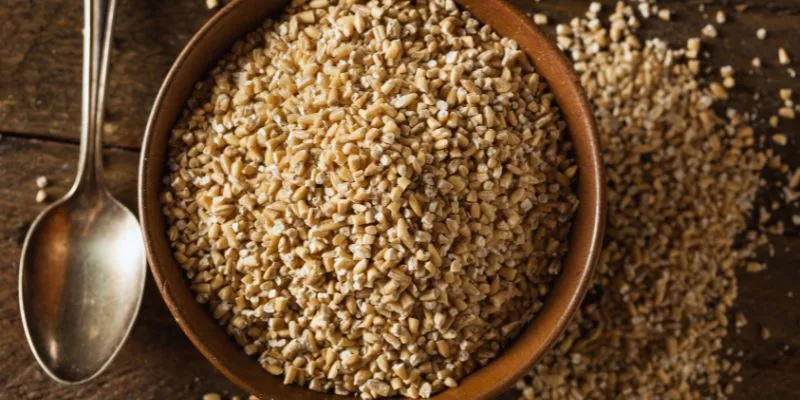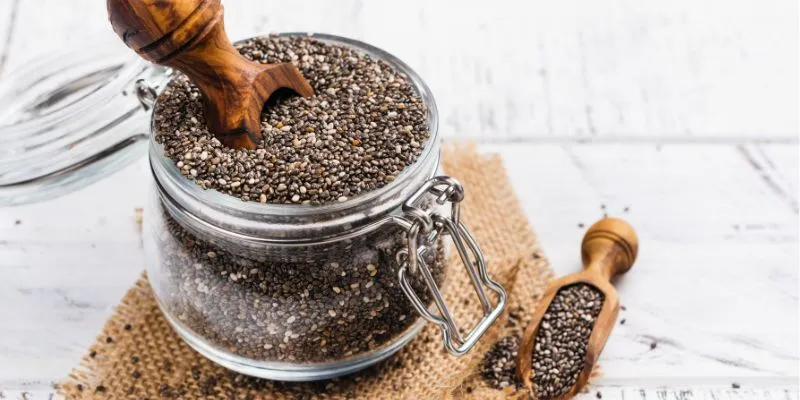Is There a Link Between Diet Soda and Heart Disease?
Have you ever pondered the potential health risks associated with your favorite diet soda? While diet soda is often marketed as a healthier alternative to sugary drinks, recent studies suggest a possible link between diet soda and heart disease. Before you reach for that fizzy, zero-calorie beverage, here are some important insights about its potential impact on your heart health.
Understanding the Link Between Diet Soda and Heart Disease

The Surprising Findings
Recent studies have revealed a concerning link between diet soda and cardiovascular health. Research involving over 80,000 postmenopausal women found that those who consumed two or more diet drinks daily had a 23% higher risk of stroke and a 29% greater risk of heart disease compared to those who consumed these beverages less frequently. These findings have raised concerns among both the medical community and consumers.
Potential Mechanisms at Play
While the exact mechanisms behind this connection remain unclear, several hypotheses have been proposed. Some suggest that regular consumption of diet soda is linked to a higher incidence of metabolic syndrome and diabetes, both of which are significant risk factors for cardiovascular disease. Additionally, artificial sweeteners may alter hunger signals, contribute to inflammation, and impact metabolic processes related to heart health.
Demographic Considerations
Interestingly, certain subgroups may face even higher risks. One study reported that obese women without prior heart disease or diabetes who drank diet sodas daily had a 50% higher risk of stroke compared to those who consumed them less often. African-American women without heart disease or diabetes who drank diet sodas daily faced a fourfold increased risk of clot- based ischemic stroke.
The Need for Further Research
While many studies indicate a link between diet soda consumption and increased cardiovascular disease (CVD) risks, it’s crucial to note that correlation does not imply causation. Comprehensive systematic reviews emphasize the need for further research, including large-scale prospective, observational, and randomized controlled trials, to confirm and identify the potential negative impact of diet soda on health. Until more conclusive evidence is available, most nutritionists and dietitians recommend choosing water, unsweetened tea, or coffee as healthier beverage options.
The Science Behind the Connection
Observational Studies and Risk Factors
Numerous studies have explored the relationship between diet soda and heart disease risk. One extensive survey of 59,101 postmenopausal women revealed that those consuming two or more diet drinks daily had a 30% increased risk of cardiovascular events compared to those consuming diet drinks infrequently. Similarly, research involving 2,527 New Yorkers found that daily diet soda consumers faced a higher risk of stroke, heart attack, and cardiovascular mortality, even after accounting for standard cardiovascular risk factors.
Potential Mechanisms
Although the exact reasons for this association remain uncertain, several potential mechanisms have been suggested:
- Metabolic Disruption: Aspartame and other artificial sweeteners might disrupt the body’s ability to regulate sweet taste, leading to increased cravings for sugary and high-calorie foods.
- Changes in Gut Microbiome: Some experts believe artificial sweeteners may alter the gut microbiome, affecting metabolism and cardiovascular health.
- Inflammation and Vascular Changes: Artificial sweeteners could trigger inflammation and changes in blood vessels, contributing to conditions like type 2 diabetes, impaired cholesterol metabolism, and hypertension.
Specific Sweeteners of Concern
A recent mega study identified three artificial sweeteners of concern:
- Aspartame: Linked to an increased risk of stroke.
- Acesulfame potassium and Sucralose: Associated with a higher risk of coronary artery disease.
Potential Mechanisms Linking Diet Soda to Heart Health Risks

Metabolic Disruption
Despite being marketed as a healthier alternative to sugary beverages, emerging research suggests that diet sodas may not be as harmless as once believed. In a significant study, consuming two or more liters of artificially sweetened beverages per week was linked to atrial fibrillation and abnormal cardiac rhythm, which can have serious consequences. However, the precise mechanisms behind this connection are still under investigation.
Insulin Resistance and Inflammation
One hypothesis suggests that artificial sweeteners may lead to inflammation and disrupt metabolic processes, increasing the risk of conditions like type 2 diabetes and unhealthy cholesterol levels, ultimately heightening the risk of cardiovascular issues.
Disruption of Gut Microbiome
Some theories point to the gut microbiome, suggesting that artificial sweeteners could disrupt the balance of gut bacteria, affecting nutrient absorption and blood sugar regulation, with potential long-term implications for cardiovascular health.
Altered Brain Response to Sweetness
Interestingly, research indicates that consuming artificially sweetened beverages might reprogram the brain to crave sweet tastes, potentially leading to increased consumption of sugary and calorie-laden foods and drinks, thereby impacting cardiovascular health.
Other Factors to Consider When Evaluating Diet Soda Consumption
Health Impacts Beyond Metabolic Risks
While the relationship between diet soda and heart disease is a significant concern, it’s essential to consider other potential health effects. Studies suggest that excessive diet soda consumption may impact various organ systems beyond metabolic risks. For instance, it has been linked to an increased risk of depression, eating disorders, and other mental health conditions. There are also concerns about its potential effects on child neurodevelopment when consumed during pregnancy.
Cardiovascular and Renal Health
Diet soda consumption has been associated with cardiac remodeling, including increased left atrial dimension and left ventricular mass, which can predispose individuals to long-term cardiovascular issues. Additionally, higher diet soda consumption is linked to an increased risk of end-stage renal disease, highlighting the importance of considering kidney health in dietary assessments of diet soda.
Bone and Dental Health
Your skeletal system can also be affected by diet soda consumption. Regular consumption has been linked to a higher risk of hip fractures in postmenopausal women. Moreover, a high intake of diet drinks is associated with a slightly increased risk of dental erosion.
Conclusion
While a definitive link between diet soda and heart disease has yet to be established, growing evidence suggests a potential connection. Consider your beverage choices and their possible long-term impacts on health. Opting for water, unsweetened tea, or other natural alternatives may be better for cardiovascular health.










